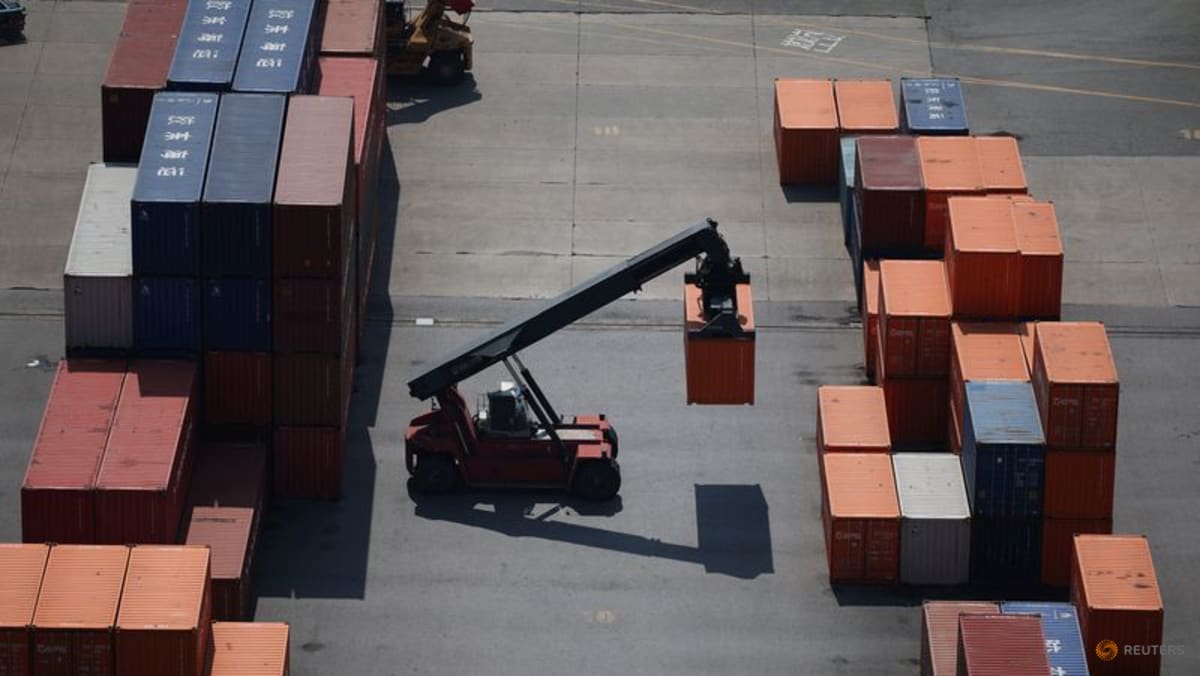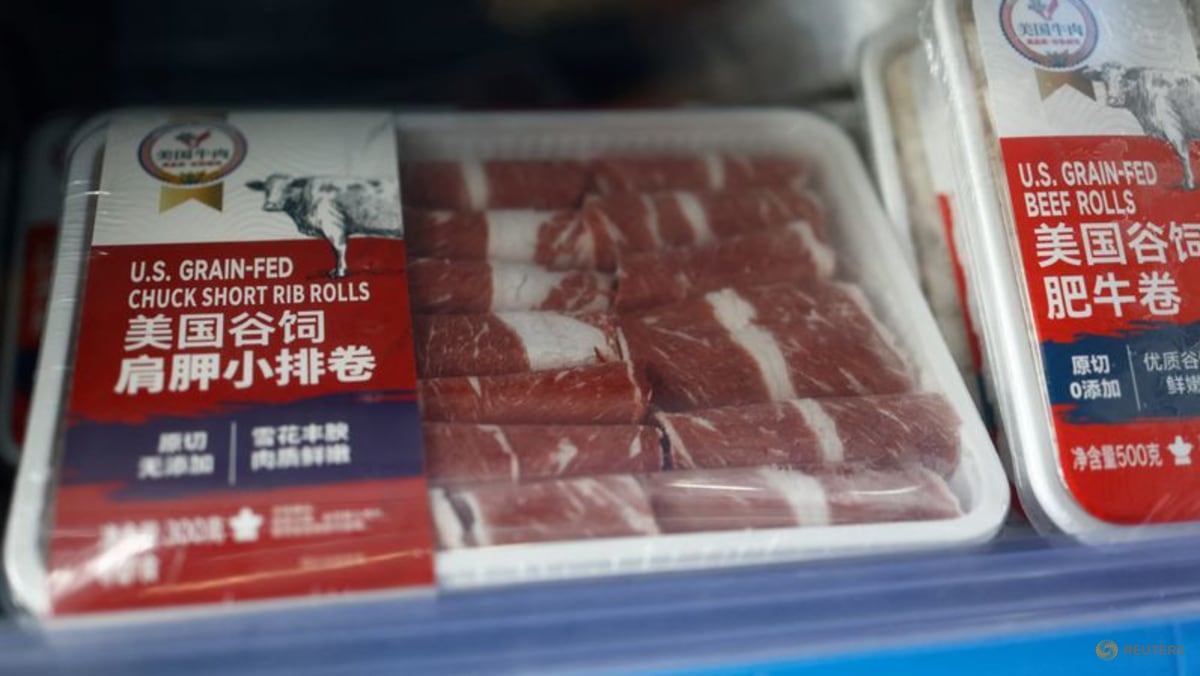How Chinese censors went from targeting Winnie the Pooh to memes and Zhuhai car rampage

Weeks later, the CAC announced a follow-up campaign that would target “illegal and harmful content” being circulated on popular online discussion platforms.
“It will target those spreading rumours and misinformation about public policies and social issues,” reported the state-owned Global Times newspaper, adding that some internet users would resort to producing “sensational conspiracy theories”.
“They create tragic personas, fabricate distressing stories, and stage videos of tragic experiences to exploit public sympathy,” the statement read.
For billions of Chinese internet users, using Mandarin puns and homophones, memes and other cleverly disguised internet jargon terms has been essential in evading state censors to keep conversations about controversial topics going.
Banana peel for example, translates to “xiang jiao pi” in Mandarin, which shares the same acronym as President Xi’s name. So to avoid being detected by censors, netizens would refer to Mr Xi as “xiang jiao pi” online, in place of his formal name.
Shrimp moss, or “xia tai” in Mandarin, sounds similar to saying “step down”.
“Xiang jiao pi xia tai” (which can also be said using emojis) is heard as an online cry for President Xi to resign.
“He xie”, the words for harmony and river crab sound similar in Mandarin and have been used interchangeably by Weibo users to talk about censorship on the site.
With the characters for river crab now banned, yielding dead end results, Weibo users have subbed in other seafood like fish.
Some observers are concerned about censorship becoming more pervasive and sophisticated especially amid the Chinese government’s push to lead the world in generative AI.
“What you see in recent years is that the government has tightened such censorship, so now even these terms people have invented to evade censorship are now targeted,” said Maya Wang, Associate China Director at Human Rights Watch.
But “completely eradicating” the use of puns and wordplay from the internet is highly unlikely, said Ms Yew. “The relationship between Chinese netizens and state censors is a cat-and-mouse game given the decentralised and fragmented nature of the internet,” she said.
“Chinese netizens, 1.09 billion of them as of Dec 2023, will continue to create new expressions to elude the censors,” she added. “The cat-and-mouse game may just become more intense.”
WHO IS SAFE?
Earlier in May, a wave of suspensions hit China’s super rich elite online after several social media sites and platforms announced that they were complying with the state and cracking down on negative content that flaunted wealth and promoted materialism.
Tencent, Douyin and Xiaohongshu, China’s biggest social platforms, were just a handful of companies that took a stand against “negative value-oriented content”.
Weibo administrators announced it had taken action on users and content that “showed off wealth and money worship” as well as “extravagance and waste” – “cleaning up” more than 1,000 posts of “bad value” behaviour. A total of 27 accounts were banned or suspended on the site, officials said.
Tencent Holdings, which runs the popular instant messaging software QQ, announced it had targeted accounts “promoting materialism” and extravagant lifestyles – deleting more than 6,000 pieces of content and “dealt with 36 illegal accounts”.
Source: CNA















